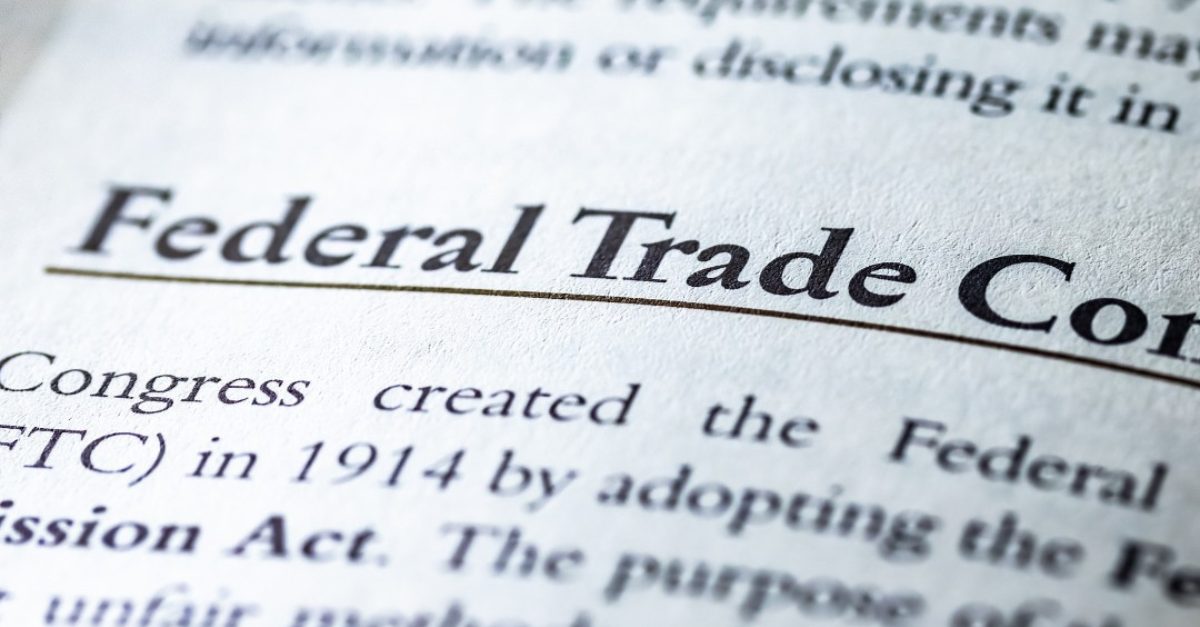UPDATE ON THE FEDERAL TRADE COMMISSION’S RULE ON NONCOMPETITION PROVISIONS

Noncompetes are here to stay – for now. On August 20, 2024, the Federal District Court in Texas issued a permanent injunction stating that the Federal Trade Commission’s (“FTC”) rule banning noncompetition provisions was arbitrary and capricious and that the FTC lacked the authority to ban all noncompetition provisions in the United States. While we expect the FTC to appeal the District Court’s injunction to the Fifth Circuit Court of Appeals, this means that the FTC’s rule that was originally meant to go into effect on September 4, 2024 will no longer do so.
This ruling has nationwide effect, so regardless of which state you are located in, we are advising our corporate clients that they continue to maintain status quo with their employment and restrictive covenant agreements unless and until a final and binding ruling is made on this issue. In other words, as an employer, there is no need to provide any written notices to employees about the effectiveness of their existing noncompete agreements, and there is no need to update existing agreements to remove noncompete provisions. As an employee, unfortunately this means that any prior noncompetes that you signed will continue to be in effect (to the extent the scope of those restrictions are enforceable under the applicable state’s law). If you have already sent out the FTC’s notice to your employees, you may need to send an updated notice if you intend to enforce your existing noncompetition provisions. If you have already altered your employment agreements to remove your noncompetition provision and would like to replace that provision, then you may need to revise your agreements to insert the noncompetition provision and require your employees to sign this newly updated agreement.
Despite this ruling, our labor and employment attorneys expect that challenges to noncompetes will continue to come from all sides and enforcement of those noncompetes will continue to become more difficult. As a result, it is important to review your existing noncompete agreements, both as an employer and employee, to evaluate whether the restrictions are necessary and reasonable to protect your business interests.
The ruling can be found here.
Our labor and employment attorneys will continue to monitor this case and the appellate court(s) decisions determining the impact, if any, to future employment agreements with employees, vendors, and independent contractors. We are happy to answer any and all questions you may have.